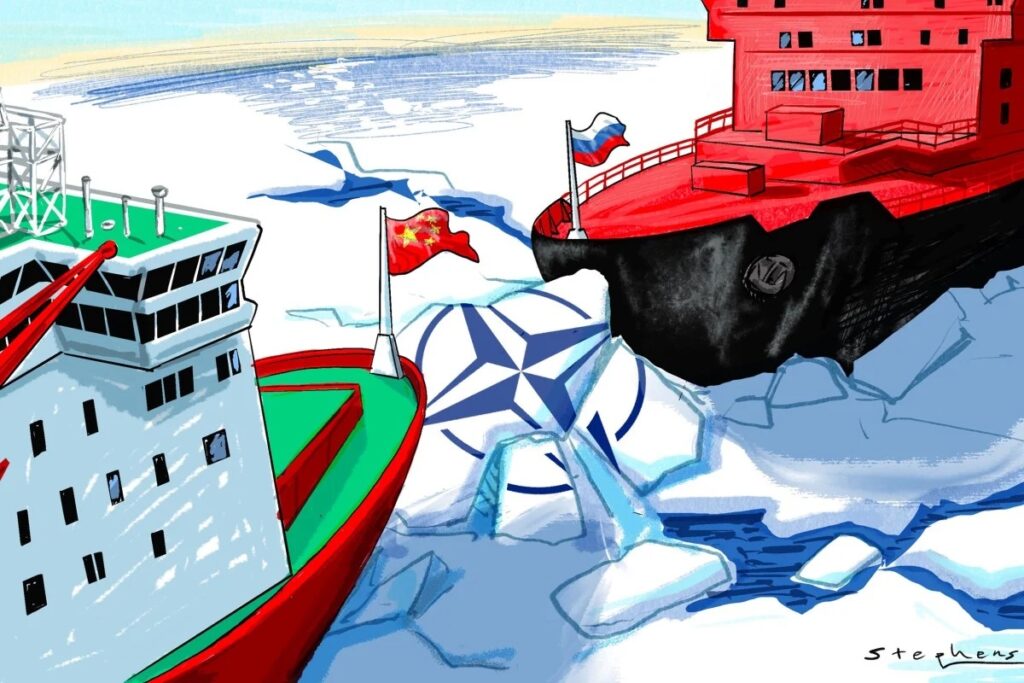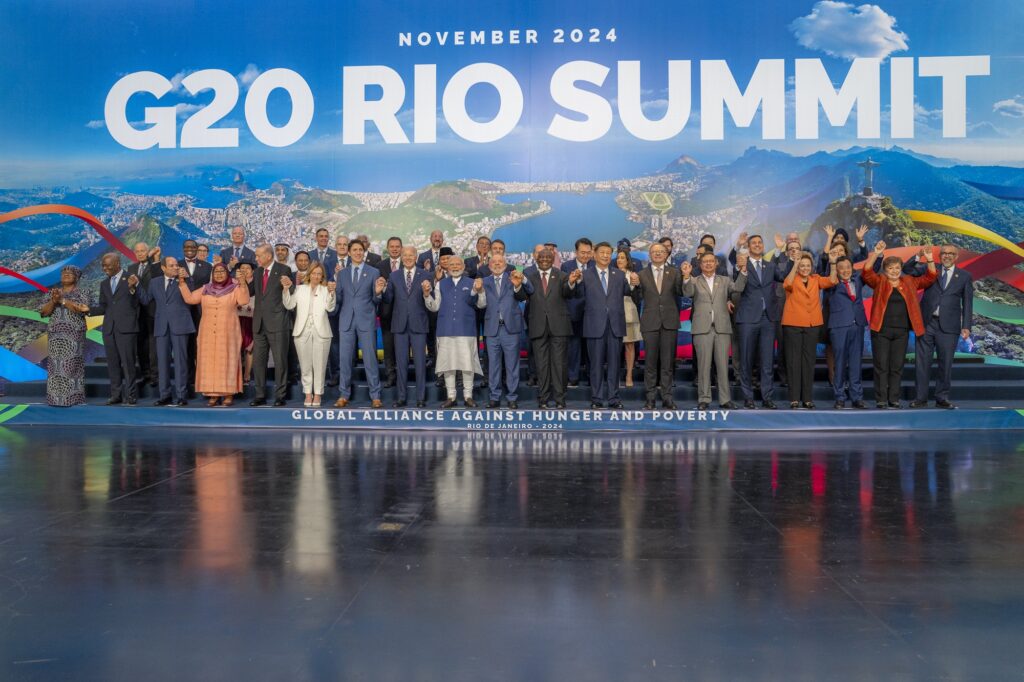The bonds of commerce and cosmopolitanism that had illuminated the First Asian Millennium were on ample display at the second informal summit between Prime Minister Narendra Modi and Chinese President Xi Jinping in Mamallapuram.
At a time when China and India’s dash towards westernisation has left a residue of aggressive nationhood and mutual antagonism, Mamallapuram was a reminder of the syncretic values that had furnished a principle of order and self-restraint in an earlier age of Asia’s international relations. At a time when protectionism and xenophobic populism threaten to topple the edifice of the rules-bound international economic order, Mamallapuram was a reminder of an era when theological advances in Buddhist worship had catalysed triangular trading networks in pearls, precious stones and silks.
At a time when the threat of interdiction along Asia’s strategic maritime passageways is becoming a currency of geopolitical contestation and control, Mamallapuram was a reminder of an earlier golden age of sail when Asia’s seas were a common heritage of mankind. Each sovereign entertained a vested interest in preserving the freedom of Asia’s waterways and none sought to dominate. Beginning with the Capture of Malacca by the Portuguese in 1511, that norm died a slow death at the hands of state-controlled violence introduced into Asia’s seas by Westerners.
In this Asian Century, India and China must aspire to once again restore Asia’s seas to their former purpose as win-win economic passageways rather than zero-sum arenas of contestation. To this end, Mr. Modi and Mr. Xi should periodically issue strategic guidance to their respective foreign offices and navies.
For the most part, both New Delhi and Beijing share fundamentally similar interests in Asia’s maritime commons, yet each would rather pursue these interests and frame strategies separately. Both share an interest in keeping their overlapping sea lines of communication open to free navigation, yet both seek to exercise leverage via the veiled threat of interdiction over the choke points through which these sea lanes pass. Both retain an interest in securing sea-borne access to ensure the economic viability of their landlocked, underdeveloped regions, yet both would prefer to design connectivity initiatives that run at odds with their counterparts’. Since 2014, both navies have begun to bump-up more frequently in the proximity of each other’s naval bastions, yet neither has dialled-up a conversation to reassure its counterpart of its intentions.
As a first step, India and China must commit to respecting each other’s ‘core’ interests — reasonably defined — in their respective backyards. Conversely, both countries must respect each other’s maritime engagements with third parties so long as these engagements do not trample on their counterparts’ interests. Infrastructure investment must not be weaponised under any circumstance. Next, both India and China bear an obligation to keep their surface and sub-surface fleets at some distance from their counterparts’ naval bastions so as not to degrade the integrity of their second-strike deterrence capability. To the extent that India and China seek to exercise leverage over Asia’s maritime choke points, both countries would be better-off exploring a broader bargain that resists the temptation to challenge each other’s growing authority west and east of Sumatra, respectively. In the longer term, India, China and their Asian partners should aim to develop soft laws that fortify the ongoing development and conservationist orientation of global sea law, and to the relative disfavour of military and other non-peaceful uses of the sea. The lessons learnt by India and China in stabilising their disputed land boundary offer useful pointers to chart a framework to regulate their interactions at sea. Let this journey of a thousand miles commence with a single step at the next informal summit.






The Nordic Reaction to America’s Arctic Posture